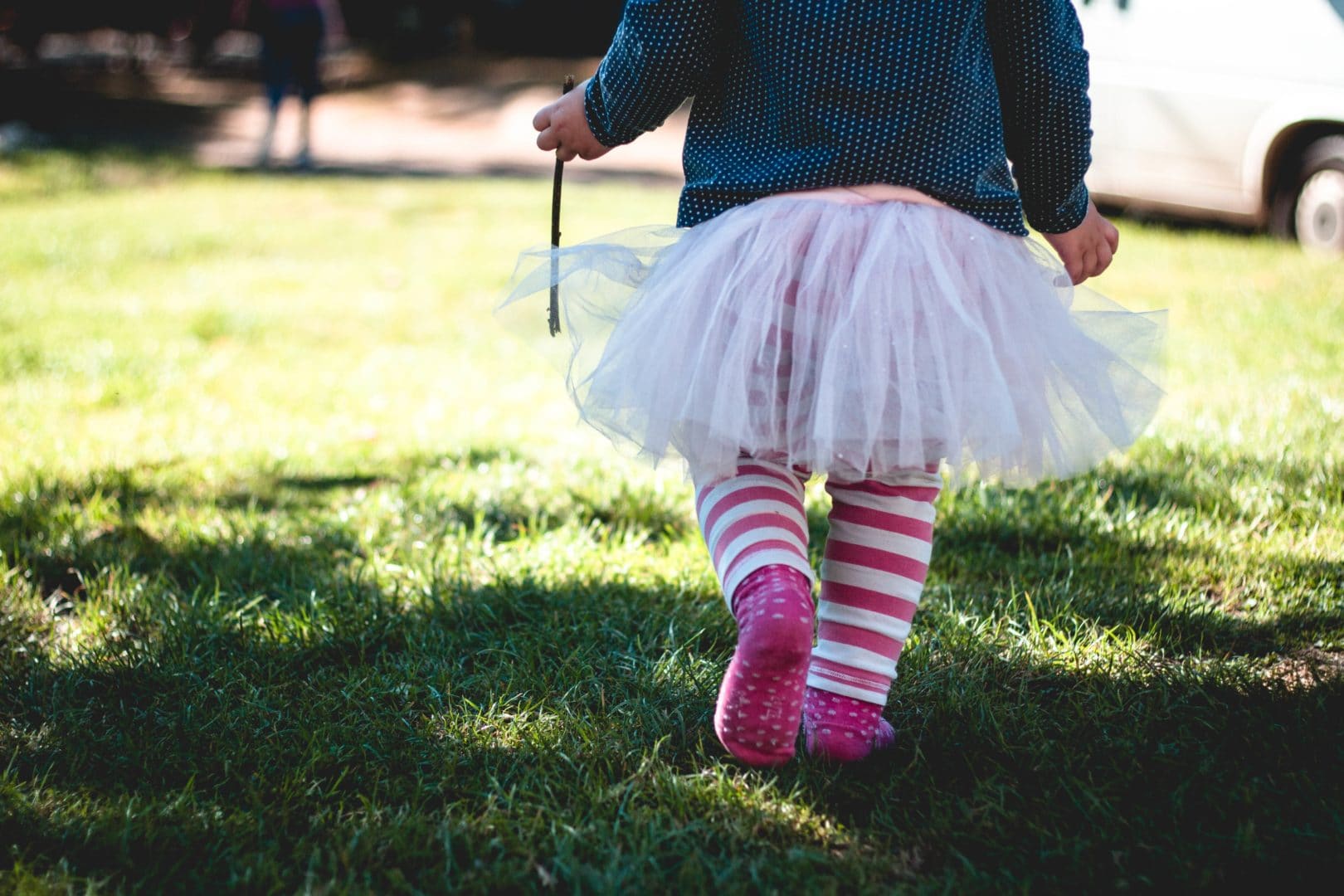Every parent wants their kids to feel good about themselves. But what if our attempts to build self esteem is turning our kids into spoiled brats?
Dr. Michele Borba, an educational psychologist, parenting expert, and author of Unselfie: Why Empathetic Kids Succeed in Our All-About-Me World is worried that although everyone agrees spoiled children are a problem, we usually think it’s somebody else’s problem. In other words, she told me, “We think it’s the other kid that’s spoiled, not our own.” But even though parents have the best intentions, we’ve probably spoiled our own children, and we’ve done it for the best of reasons, “love.”
Borba notes that the four signs your kid’s been spoiled are Me, More, Money, and Now.
Listen: How often does your kid say “me, my, and mine” instead of “our, us and we?” How often do you only encourage your child to talk about themselves, rather than the family, their friends, or the community? Do they always ask for “more,” no matter how much they’ve gotten? Are they obsessed with brands and always looking for more expensive options? And can they delay gratification, or do they want it now?
Dr. Borba said, “A child who is not spoiled is able to delay gratification because they need to.” It takes time and patience, but what better skill to teach your children than to wait, at least sometimes.
Remember, we spoil our children because we love them, but here are some of the surprising ways that your best intentions can lead to trouble.
1) The Wrong Kind of Praise
We’ve taken the wrong lessons from all the writing about self-esteem. Yes, we need our children to feel good about themselves, but for what? When you spend all your time praising them for being special, they don’t learn that self-esteem has to be earned. Instead of “you look so cute,” try, even to young kids, “What a helper you are” or “You made your friend so happy.” Borba says, “This is so simple, it doesn’t cost a dime,” but if you don’t you run the risk of spoiling your child in your attempt to make them feel good.
2) Doing It for Them
Do you always make their breakfast, even though they long ago learned to pour the milk? Do you put away their laundry or clean up their messes? Children learning how to be “unselfies,” as Dr. Borba calls it, need opportunities to be the helper you can praise.
3) Letting Them Focus Only on Themselves
We talk about our kids, to our kids, all the time. Ask them how they are doing, what they want, what they feel, what they need. If you never teach them to think about others, how will they learn to practice kindness? Dr. Borba says, in fact, that kindness quite literally needs to be practiced. Practice a “Two-Kind Rule’ – every day you walk out of the house you have to do two kinds things. She wanted her kids to be smart, but also wanted them to be kind. In order to be kind, you’ve got to look at the other person.” Her friend came up with a big list of kind things her kids could do, a list that grew and developed right along with her kids.
4) Asking Them What They Want
Kids want stuff. We ask them, and sometimes we give it to them and sometimes not. But if you’re only asking what they want to get, and never what they want to give – even if you don’t always provide it to them – you might be spoiling your child. Dr. Borba thinks the best gifts build relationships, but make sure you mix in activities with other people. It doesn’t have to be service or charity – although that’s good as kids age – but just making sure to emphasize relationships, not self.
As you work on un-spoiling your kids, remember that it’s not because they’re becoming brats, it’s because they’ll be unhappy adults. Right now, the business world is investing in empathy training, trying to teach young adults how to have more empathy, to work together, to collaborate. Dr. Borba says, “We love our children and pray they’ll be happy,” and that’s why we spoil them. But if we want them to be happy, we need to learn to teach them that we all have to work together.





